Album review: Australian rock trio Springtime entrances on self-titled debut
It may not be easy listening, but it does feel like the scorching culmination of what these three extraordinary Australian musicians can do together.
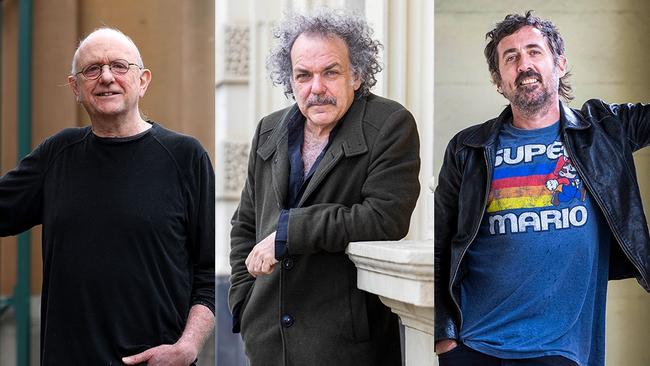
Album reviews for week of November 6, 2021:
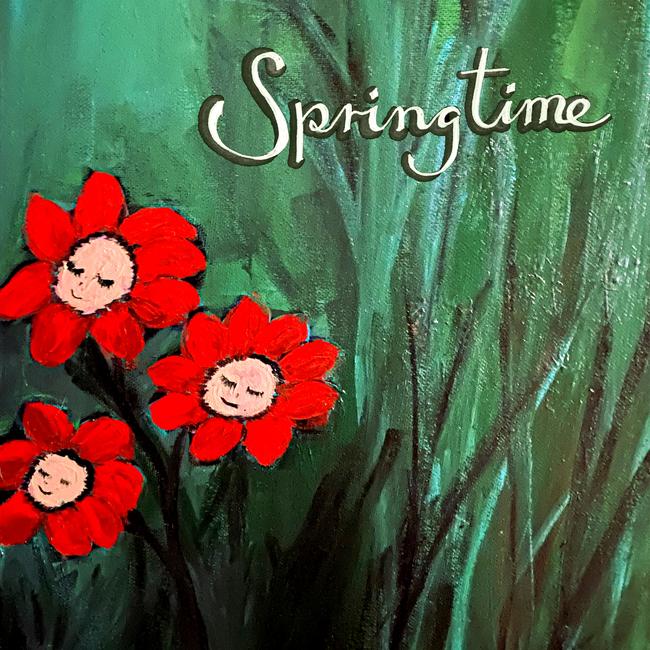
ROCK/EXPERIMENTAL
Springtime
Springtime
TFS Records / Joyful Noise
The pandemic’s initial purgatory inspired Tropical F..k Storm singer/guitarist Gareth Liddiard to assemble something of a dream trio on the side. Tapping fellow underground veterans in drummer Jim White (Dirty Three, Xylouris White) and pianist Chris Abrahams (The Necks), he convened Springtime, a deeply collaborative trio guided by improvisation. Anyone who has followed Liddiard’s work with TFS (and before that The Drones) will immediately recognise his frayed, spidery guitar work, which breaks into bold impressionistic jags even as his sloshing vocals paint wilfully outside the lines on opener Will to Power. But the whole point of this debut is to encourage the group’s far-ranging pursuits, and so that first track is just one piece of the puzzle. Liddiard shows considerable restraint on The Viaduct Love Suicide, a quietly clattering ballad based on a poem by Liddiard’s uncle, British poet Ian Duhig. Jeanie in a Bottle also draws its lyrics from Duhig, with its ominous, vaguely gothic vibe enhanced by vocal harmonies from Fiona Kitschin (also of TFS and The Drones).
It’s entrancing to hear how these three adapt to each other from song to song. White plays with his signature subtle drag, but also contributes to the instrumental frenzy that builds on The Island, a jammy standout punctuated by the line “What does quarantine mean when you can’t get home?”. After the peak of its chaos, White finishes with a tight run of rat-a-tat drumming that’s a world away from his more organic, tidal work in Dirty Three. Best known for his 30-plus years in free-form trio The Necks, Abrahams is perhaps the most chameleonic here, from his relatively mannered piano groundwork on Will to Power to his overheated organ runs on The Island. Another surprise byway is West Palm Beach, a live-in-concert cover of an obscure Will Oldham song from 1994. Covers and poetry aside, Springtime truly let loose on the nine-minute finale The Killing of the Village Idiot, a thunderous meditation that descends into truly harsh, distortion-scarred throes. It may not be easy listening, but it does feel the scorching culmination of what these three players can do together.
Doug Wallen
–
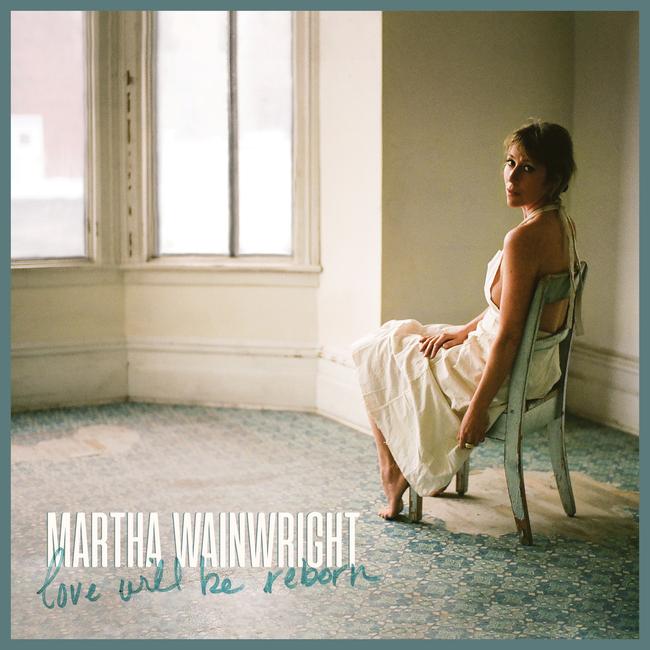
ADULT CONTEMPORARY
Love Will Be Reborn
Martha Wainwright
Cooking Vinyl Australia
Twenty-four years on from her debut, Canadian-American singer-songwriter Martha Wainwright is a survivor. It’s in her blood – father Loudon and brother Rufus are both still going strong in their creative pursuits, too – but there’s a certain je ne sais quoi to Martha’s chanteuse enchantments, warmly welcoming you back with every new album release. Love Will Be Reborn, her seventh solo collection, eases in with shimmering alt-country on Middle of the Lake and the bossa nova swing of Getting Older. In fact, it impressively traverses the spectrum throughout – see the warm indie-folk of its title track, the rollicking Hole in My Heart and the closing piano waltz Falaise de Malaise. Best of all is the six-minute Report Card, where Wainwright’s routinely stunning vocal packs an extra heft at its emotional peaks. It doesn’t all land; the kitschy, Beatles-esque mid-album track Body & Soul is inessential. But the real key selling point of Love Will Be Reborn is that feeling like you’re catching up with an old, trusted friend.
David James Young
–
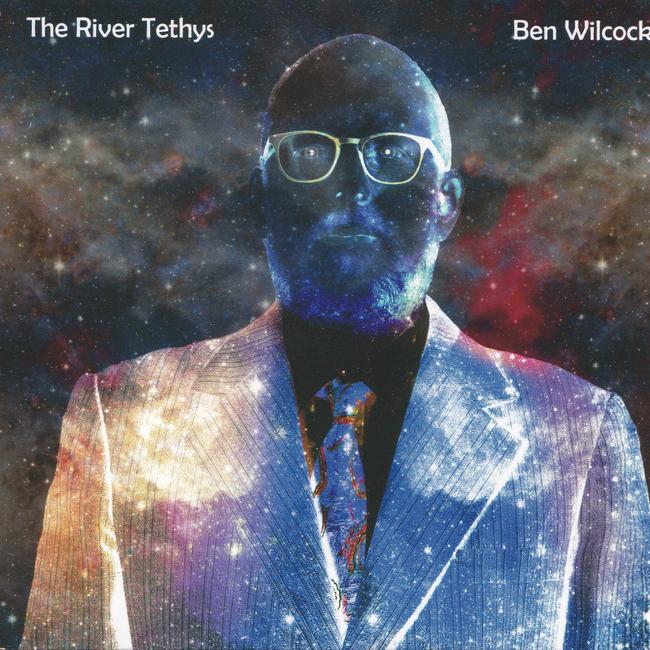
JAZZ
The River Tethys
Ben Wilcock
Thick Records
This unusual album is a mixed blessing. Ben Wilcock, a brilliant New Zealand pianist with years of experience in various genres (rock, pop, soul and musical theatre), presents eight compositions inspired by the 1989 sci-fi novel Hyperion by American writer Dan Simmons. His trio includes bassist Dan Yeabsley and drummer John Rae on 10 tracks, plus guest violinist Tristan Carter on two tracks. Wilcock’s extreme eclecticism runs from vigorous, sometimes minimalist, free improvisations to rhapsodic solos which will be deeply attractive to the average listener. One track, entitled The Secret Life of Music, morphs into a skilful take on Erroll Garner’s distinctive style. On two tunes taken at breakneck speed — one a surreal version of Dizzy Gillespie’s Groovin’ High — his improvisations sound to my ears merely decorative. On the much-recorded standard ballad Star Eyes, the improvisational approach of all three musicians is unusually eccentric. Ultimately I found Wilcock’s highly original approach somewhat perverse, and a real puzzle.
Eric Myers
–
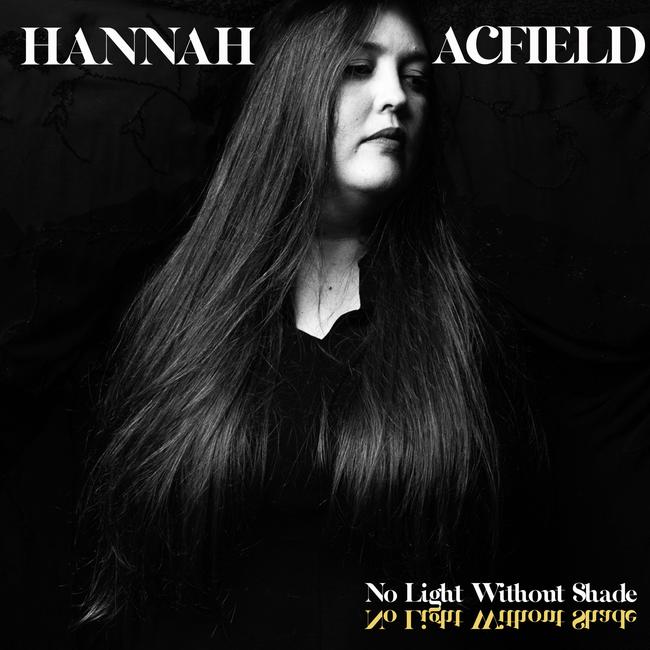
SOUL/POP
No Light Without Shade
Hannah Acfield
Independent
Completed with an arts grant (after 15 applications), No Light Without Shade is a triumph of talent, persistence and DIY ingenuity. Queenslander cum Melburnian singer-songwriter Hannah Acfield calculated that she spent precisely 12,864 hours bringing her debut album to fruition, with not a moment wasted. She switched genres in the process, moving from an erstwhile folk duo with brother Dan to these 10 mostly self-penned songs traversing soul, pop, gospel and roots. The linchpin is her voice, an instrument of breathtaking dexterity that soars and swoops in equal measure. Her songs, inspired by romance, pre-Covid travel and solitude in lockdown, are sympathetically backed by a seven-piece band featuring strings, keys, horns and Acfield’s own guitar, with drums and percussion by co-producer Josh Barber. Best of the bunch are the opening waltz-time double shot of Like Lovers Do and Never Let You Go, and Midnight Moon, a lushly arranged exemplar of Acfield’s dazzling vocal range.
Phil Stafford
–
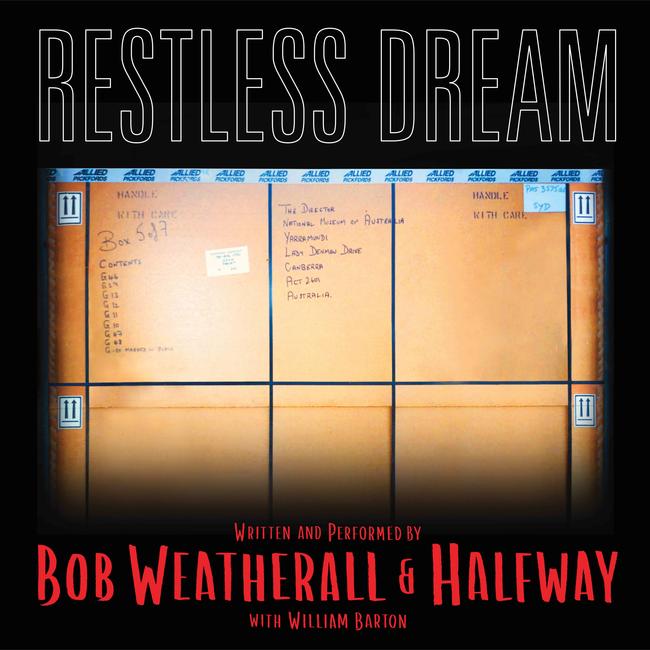
SPOKEN WORD/ROCK
Restless Dream
Halfway & Bob Weatherall
ABC Music
Kamilaroi elder Bob Weatherall has travelled the world retrieving ancestral Aboriginal remains from museums to grant them traditional last rites back home. That solemn task inspired this collaboration with Brisbane band Halfway, developed since 2015 as a performance piece. Intended to be absorbed as a whole, it’s a cathartic concept album spanning songs and spoken word. Opener Water Horse sees Weatherall describe “an age of Darwinian horror” that allowed so-called enlightened cultures to justify their treatment of Indigenous people in the name of scientific curiosity, while didgeridoo player William Barton underscores the band’s brooding, building sound. The title track pursues the cinematic shudder and sprawl of Mogwai-style post-rock, while John Busby’s lead vocals connect We Are Gone to Halfway’s alt-country bedrock. As the album culminates with an epic reimagining of the band’s 2016 track Bloodlines, the horizon-sized musical swell echoes the hard-won sense of resolution gained by righting these historic wrongs.
Doug Wallen
–
–
Album reviews for week of October 30, 2021:
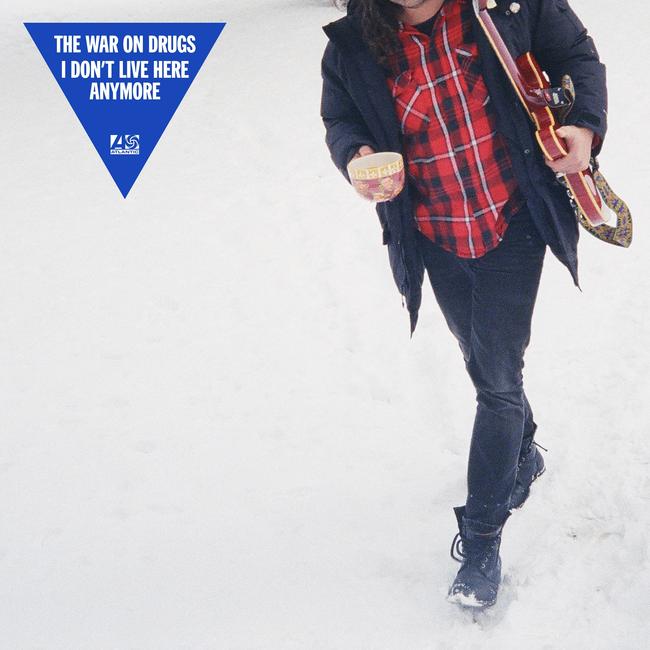
ROCK
I Don’t Live Here Anymore
The War on Drugs
Atlantic/Warner
Personal transition pervades The War on Drugs’ fifth album. “I’m always changing,” sings leader Adam Granduciel, who became a father since the Philadelphia band’s last record, on the slow-to-build opener Living Proof. Later, on the spectral ballad turned emotional torrent Old Skin, he alludes to the gruelling difficulty of that process. He puts a finer point on it during a song actually called Change, opening up at length over glistening guitars. At once confiding and expansive, I Don’t Live Here Anymore might be our closest look into Granduciel’s inner life to date. If it lacks the monolithic stature of 2014’s breakthrough Lost in the Dream and 2017’s Grammy-winning A Deeper Understanding, that’s mostly because it’s mellower and more subtle. The songs are considerably shorter than previous horizon-chasing marathons, and thanks in part to the frontman detailing his hard-won personal growth, these songs feel more at peace. Granduciel is still channelling the heartland anthems and mercurial folk-rock of his heroes – most notably Bruce Springsteen and Bob Dylan – but he sounds more comfortable than ever in his own musical skin.
The band continues to apply a patient majesty and natural forward flow, even if the last album’s stacked synthesisers give way to more open arrangements. Brooding drum machine and distortion on I Don’t Wanna Wait evoke the eerie pressure cooker of Phil Collins’s In the Air Tonight, while the pulse of Victim accelerates after a couple of minutes to survey tension and turmoil with frayed intensity. But if you were to sell The War on Drugs to a newcomer, the title track is the obvious place to start. Complete with the band’s favoured 1980s-style reverb on the drums, the song stretches out gloriously against proper back-up singers and a fond mention of dancing to Desolation Row at a Dylan gig. That latter touch is typical of Granduciel, saluting rather than couching his forebears. He passes the torch on a more immediate level during Rings Around My Father’s Eyes, a tender ballad about the connective tissue between parents and children. This album represents a maturing both musically and personally, as Granduciel bridges the individual and universal on a scale that’s more intimate than epic.
Doug Wallen
–
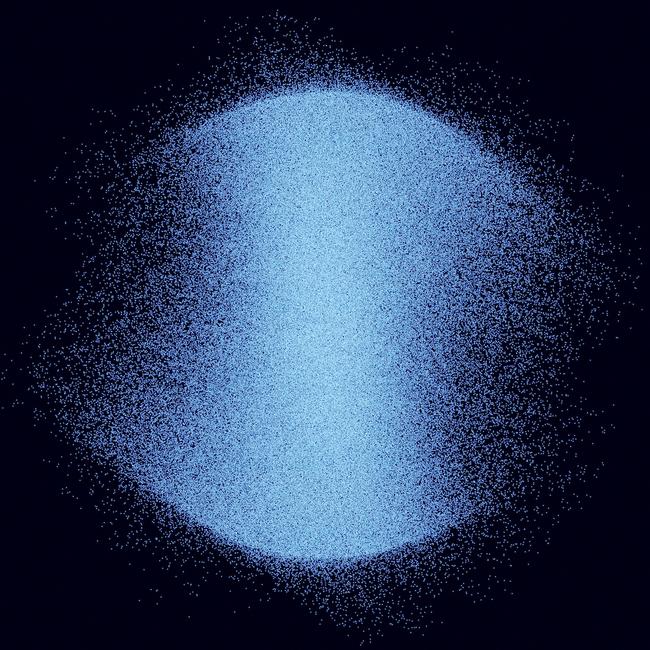
METAL/SHOEGAZE
Infinite Granite
Deafheaven
Sargent House
With its acclaimed black metal/shoegaze hybrid, it felt like US band Deafheaven had stylistically pushed as far as possible across four LPs. Few, though, could have predicted such a shake-up: longtime Beck collaborator Justin Meldal-Johnsen producing, for one; frontman George Clarke’s banshee-shriek vocals swapping with nascent post-punk crooning, for another. Album No.5 primarily opts for lush atmospherics over the band’s previous crushing peaks and valleys, which may deter accustomed listeners – ironic, given Deafheaven’s already-poor reputation among metal purists. With patience and trust in its process, however, this nine-song set blossoms into one of 2021’s most satisfying listens yet. Sun-kissed guitars swell and chime amid Great Mass of Color, while drummer Daniel Tracy’s artful flurries anchor cuts such as In Blur and album closer Mombasa. Blackened detours, though infrequent, double their impact when piercing through tranquil reverberations. No longer the best of both worlds, Infinite Granite offers a private universe in and unto itself.
David James Young
–
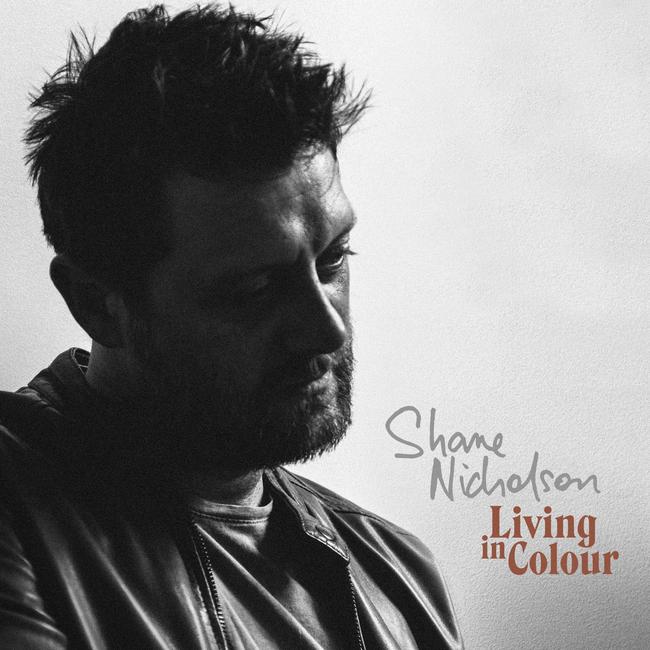
FOLK/ROOTS
Living In Colour
Shane Nicholson
Universal Music Australia
Write about what you know, they say, and what Australian musician and producer Shane Nicholson knows best is writing and shaping songs. Living In Colour, his seventh solo album, even includes a track called How To Write A Song: “If you’re lucky it’ll grow some wings and fly / And you’ll play the damn thing till the day you die,” Nicholson sings, with equal parts wry humour and weary cynicism. He also playfully disses his peers (Life Ain’t Fine, an “answer song” to Paul Kelly’s Life Is Fine), pays heartfelt tribute to his father and his own son (Simple Man), then u-turns to rail against apathy (House Burns Down) and rabid right-wing media (This Is War). Writing is not all he knows. Nicholson’s a player, too, picking up and laying down tracks with a lazy 17 instruments on this album alone. He’s also a consummate actor, adopting the voice of a put-upon wife in the achingly poignant Ain’t Been Loved: “I wanna keep you with me, even if you hit me / I wanna make you need me more / You can hurt me baby, anytime / I ain’t been loved in a while… ”
Phil Stafford
–
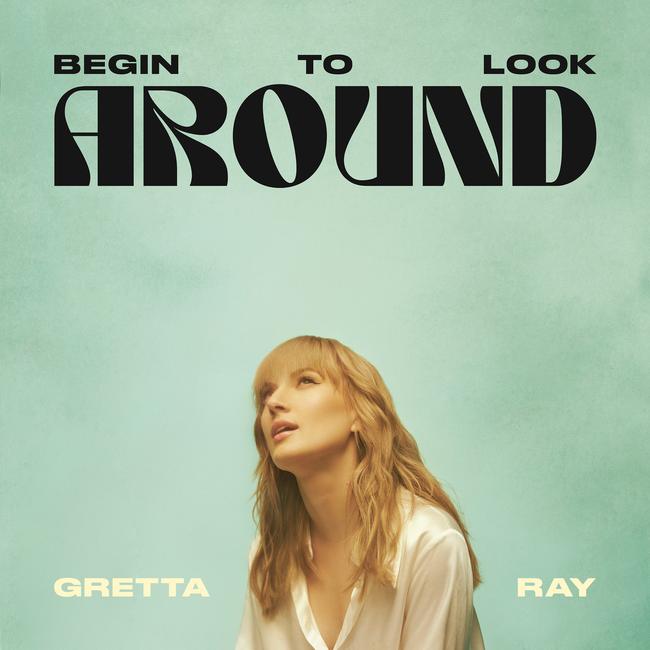
INDIE POP/ROCK
Begin To Look Around
Gretta Ray
EMI Music
Since winning Triple J’s Unearthed High competition as a teenager in 2016, Melbourne singer-songwriter Gretta Ray has become a staple of festivals, touring solo and as a support act. In the ensuing years, she has refined her sound from pared-back folk to a lusher pop affair. Her ear for a catchy chorus and lovesick lyrics remain strong as ever on her debut album, Begin To Look Around. Here, Ray has chosen to flesh her sound out with greater atmospherics, sophisticated synths and layered percussion. It feels slickly packaged, and at times, like sushi without wasabi or salsa without chilli. Ray’s producers Robby De Sa and Dylan Nash have worked with big acts such as The Veronicas and Angus & Julia Stone, respectively, but this 15-track debut errs on the side of bland in its glossing-over of genuine emotion, both lyrically and in delivery. Twelfth track Worldly-wise is a highlight: a sunny, mid-tempo ode to Melbourne, Nashville and London, featuring a lovely duet with Gang Of Youths frontman David Le’aupepe.
Cat Woods
–
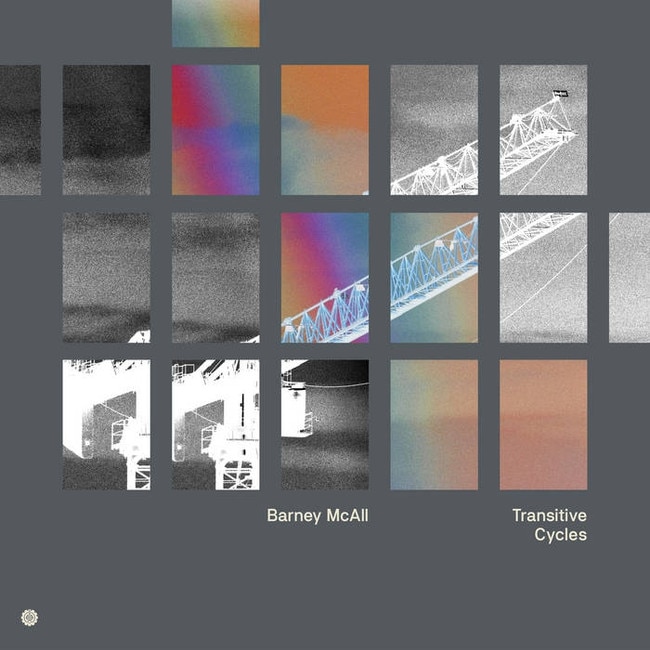
JAZZ
Transitive Cycles
Barney McAll
Heavy Machinery Records
This fascinating album results from pianist Barney McAll’s commission to write a work for the Federation Bells, a sound sculpture of 39 bells in the centre of Melbourne. In June 2018, his six-piece ensemble performed it live at the Bells location, opening the Melbourne International Jazz Festival. It featured exotic sounds, with drummer Leigh Fisher using a modular synthesis, and Steve Magnusson a Moog guitar. Trombonist Adrian Sherriff played Moog taurus, shakuhachi flute, buchla music easel, and bata drums. Saxophonist Julien Wilson and bassist Jordan Tarento were also present. McAll played the bells on a keyboard which sat on top of his Rhodes piano. This work, consisting of two 20-minute suites, is a rich mixture of sounds, sometimes textural, sometimes compositional, with both chordal improvisations and free improvisation. I hear this work as a concerto for bells and jazz sextet, illustrating what extraordinary new music can be created through the exploratory vision of a brilliant jazz musician.
Eric Myers
–

